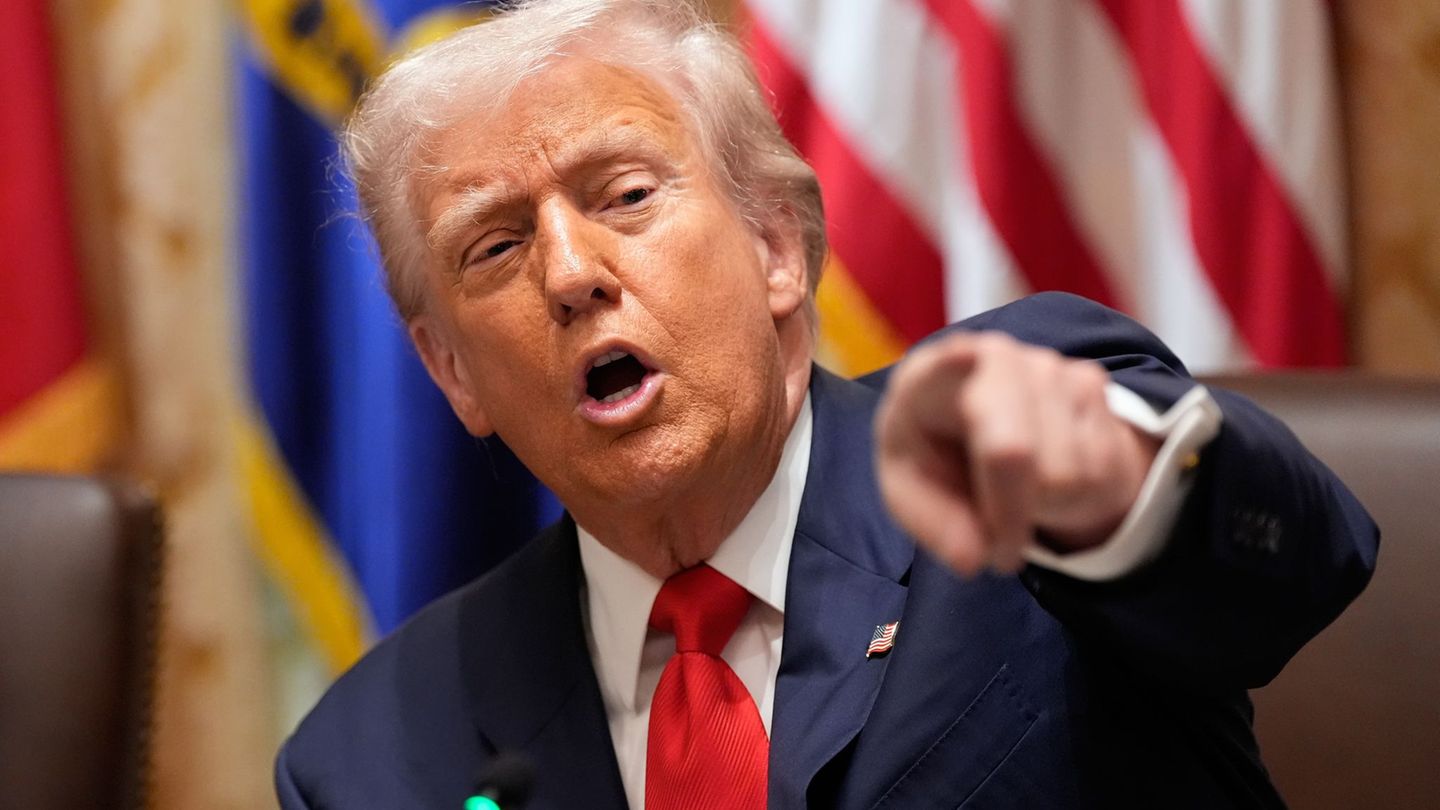According to Labor Minister Heil, companies that work for the federal government should pay according to the collective agreement. However, the bill is currently not making any progress.
The next dispute is looming in the traffic light coalition. There are disagreements about the law to strengthen collective bargaining, which the SPD is pushing for. According to newspapers from the Funke Media Group, the FDP-led Federal Ministry of Finance is blocking the start of the association hearing. This was confirmed to the German Press Agency by government circles. The Ministry of Finance said that the Ministry of Labor had sought publicity ahead of time.
A spokesman for Labor Minister Hubertus Heil (SPD) said talks within the government were ongoing and remained to be seen.
According to government circles explaining the delay, the office of Finance Minister Christian Lindner (FDP) first wants to relieve companies of bureaucracy elsewhere.
The general manager of the Confederation of German Employers’ Associations, Steffen Kampeter, told the German Press Agency: “We call on the government to finally abandon the plans for compulsory wage agreements for public contracts or to develop them further in a more practical way.” The “maximum positions” of the Ministry of Labor are unrealistic and hostile to business.
More employees should benefit from collective agreements
In future, employees who work on behalf of the federal government will generally be protected by a collective agreement – this is what Heil’s plans envisage. The draft law states: “In future, companies will have to grant their employees working conditions covered by collective agreements when they carry out public contracts and concessions from the federal government.” Heil had said that collective agreements would bring employees higher wages than the minimum wage. The state has a role model function. This also helps companies that pay decent wages to compete with “cheapers”.
In their 2021 coalition agreement, the SPD, Greens and FDP agreed to pass a collective bargaining law. The coalition agreement states that in order to strengthen collective bargaining, the federal government’s public procurement should be tied to compliance with a representative collective agreement in the respective sector, with the award being based on a simple, unbureaucratic declaration.
SPD faction irritated
The parliamentary manager of the SPD parliamentary group, Katja Mast, described it as “irritating that there seems to be resistance from the FDP-led Federal Ministry of Finance”. It is about fair competition conditions, namely for well-paid work, but above all for the companies “that pay their people properly and have little chance of winning public contracts due to unfair competition.” This is a question of economic common sense in order to strengthen Germany as a business location. Mast was convinced: “The collective bargaining agreement law is coming.”
At the beginning of September, following the SPD’s defeats in the state elections in Saxony and Thuringia, SPD parliamentary group leader Rolf Mützenich named the pension package, the collective bargaining agreement law and basic child benefit as the most important projects of the traffic light coalition in the coming months. However, the plans for basic child benefit and the pension package are also controversial, especially within the FDP.
Criticism from Verdi
The chairman of the service union Verdi, Frank Werneke, strongly criticized the delay in the collective bargaining law and the behavior of the FDP. He told the Funke newspapers that preventing wage dumping through a sustainable improvement in collective bargaining coverage was a central project of the traffic light coalition for the benefit of employees. “If the FDP now questions the collective bargaining law again after a compromise was announced long ago, the traffic light coalition is at risk of further serious damage to its political credibility,” warned Werneke.
The Finance Ministry responded to Werneke’s statements by saying that he was wrong. There had been no final compromise so far.
Kampeter said: “If Verdi criticises the FDP now, it is targeting the wrong people.” More wages cannot be achieved through coercion, but through flexible collective agreements, a lively social partnership and trusting cooperation. “Verdi’s call for the state, on the other hand, is an expression of union helplessness.”
Source: Stern




